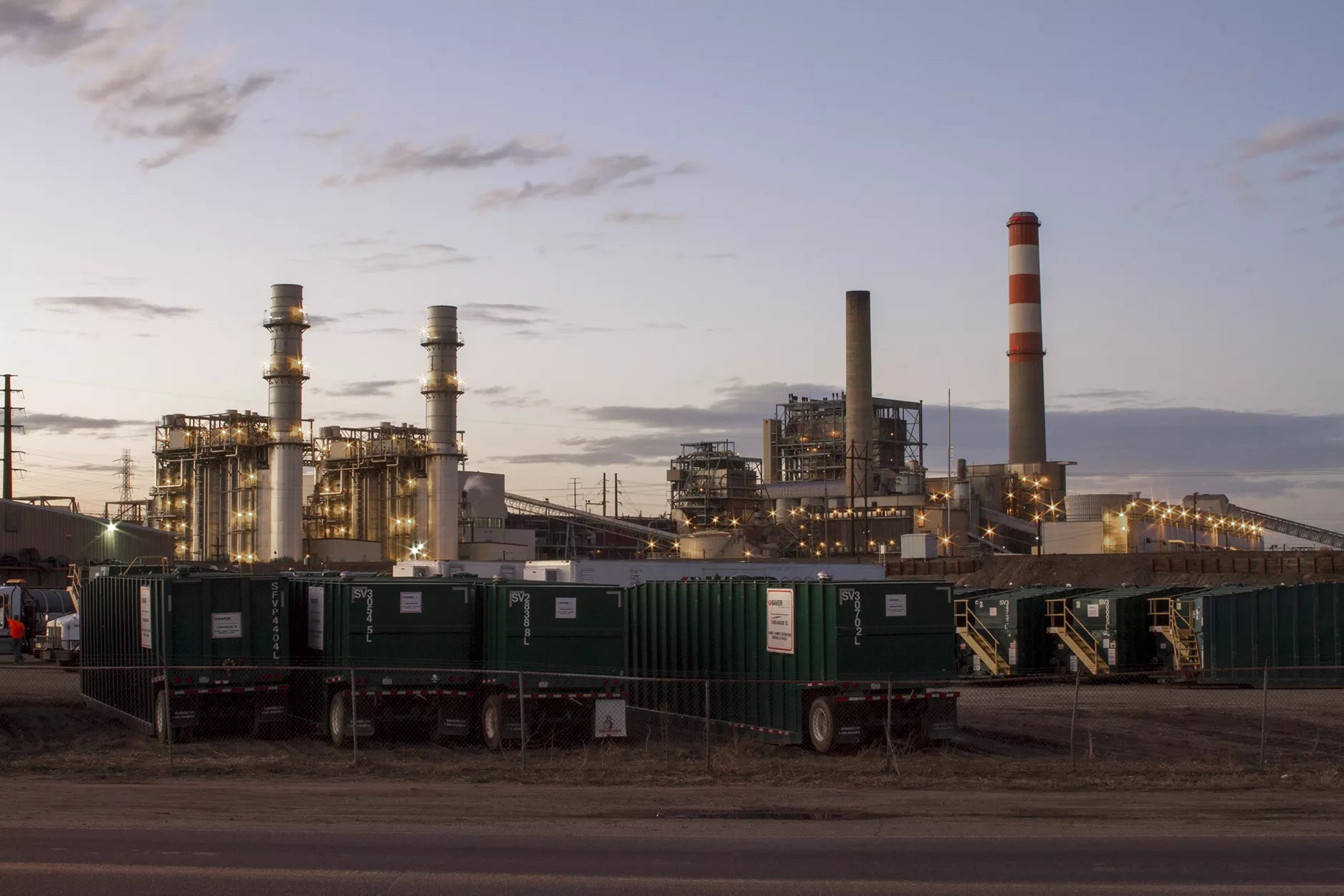
Grant Stringer

Audio By Carbonatix
A push to tax energy use by Denver businesses to better fund the city’s climate efforts has been put on hold as part of a deal struck between Mayor Michael Hancock and a group of Denver City Council members backing the proposal.
City council had previously been set to consider two proposed ordinances tonight, August 26. The first would have created a new Office of Climate Action, Sustainability and Resiliency, while the second would have referred a measure to the November 2019 ballot, asking voters to approve an excise tax on electricity and natural gas consumption by commercial and industrial users, raising an estimated $30 million annually to fund the new office.
Both measures will now be postponed, according to a joint press release issued by city council and the mayor’s office. Under the agreement, a revised ordinance establishing the Office of Climate Action, Sustainability and Resiliency will be approved by city council later this year. The new agency will report directly to the mayor, and combine the Office of Sustainability, created by Hancock in 2013, with staff from the Department of Public Health and Environment’s existing climate programs.
Members of Hancock’s administration and city council will also begin a “formal process to examine Denver’s current climate work, identify gaps, analyze funding needs and engage experts, interested stakeholders and a wide range of community members,” the release said. That process could result in a measure to be referred to voters in 2020, a possibility Hancock acknowledged earlier this month in a letter to city council opposing the tax measure.
“This new plan positions us to take this issue head on and work with our communities and stakeholders to create a clear path and identify the needed funding to take urgent and unprecedented action to reduce our greenhouse gas emissions,” council president Jolon Clark, who led the push to refer a tax to the ballot this year, says in a statement on the compromise.
“Thanks to Denver Public Health and Environment, Denver is a known and recognized leader in the fight against climate change,” says Hancock. “But the science tells us we must move even more aggressively. That’s why I stand united with council president Clark and members of council to lead with even more urgency while engaging our residents and stakeholders in crafting a Denver response to this global crisis.”
Denver has achieved modest reductions in citywide greenhouse gas emissions over the past several years, driven largely by declines in the electricity sector as Xcel Energy, the city’s sole electricity provider, continues to replace heavy-emitting coal plants with new wind and solar generating capacity. But city staff acknowledged in presentations to city council this month that progress in cutting emissions from two other major sources, transportation and natural gas use by buildings, has been much slower.
Clark’s proposal and the agreement announced Monday are in large part the result of an effort launched earlier this year by Resilient Denver, a grassroots group that had aimed to put an energy-tax measure – similar to Clark’s, but also applying to residential customers – on this year’s ballot through the initiative process.
While the group missed the deadline to qualify for the 2019 ballot, Ean Tafoya, a Resilient Denver spokesman, says that organizers have now submitted an additional 3,450 signatures to Denver elections officials. If at least 2,259 of those signatures are certified as valid, the group’s tax measure would appear on the ballot next year – though Hancock and councilmembers will “encourage” Resilient Denver to withdraw the measure if the city’s overhaul of its climate programs is “successful,” according to Monday’s press release.
“We are encouraged by the power of ordinary people to bring the city and stakeholders to the table to find sustained funding to ensure that Denver grows as a global leader in addressing the climate crisis,” Resilient Denver members said in a statement. “We see a great opportunity to find an equitable path towards eliminating greenhouse gas emissions while preparing Denver and its vulnerable populations for the negative externalities associated with climate change.”